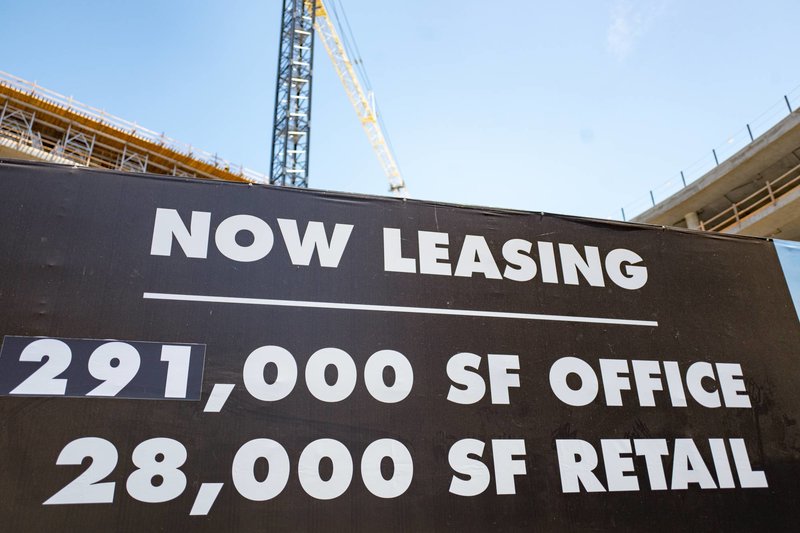创新中心层出不穷,为什么硅谷仍然天下无敌

|
英国杂志《经济学人》最近刊发了一篇文章,表述清晰、理由充分,文字还颇为有趣,内容是为何相对而言硅谷的辉煌时代已经过去。 同时我也要说,文章此言差矣。虽然报道列举了一些有说服力的事实,有些激情澎湃的引述,显得论据充分,但这就是记者熟知长盛不衰的热门话题,基本上就是关注事件背景和解读的时事评论。一言以蔽之,类似论调之前就有。无非是说,硅谷的成本太高,人们令人讨厌,交通太差劲,其他地区比硅谷更雄心勃勃。用报道中一段经过精心润色的文字来说就是:“生活和经营企业的成本过高,会赶走更多人。已完成财富积累的企业掌控一切,仍留在硅谷的人想成功只能另寻别路。政府政策相当不友好,将进一步伤害硅谷的活力。” 文章说得一点没错。由于硅谷充斥着拜金风气,很难招人喜欢。但罗列种种现实并没有抓住重点。我不是刻意吹捧,但硅谷有很多独特之处:资本和优秀人才集中、崇尚冒险和精英领导的文化、毗邻出众的大学,以及气候宜人等等。所以,其他地区仍然很难战胜硅谷,即便偶尔超过也持续不了多久。 报道还有个问题,即采访的硅谷人士大多跟我年纪差不多。这些人是硅谷的资深人士,很多人我已认识多年,他们往往职业生涯已渡过大半,拥有丰富的人生智慧。可是,这群人对硅谷感到厌倦并不算意外。我更愿意听一听,更有上进心的年轻人怎么看自己在硅谷的前景。(文中有个别观点比较令人信服,但用一些个人案例证明不够有力。) 文中引用了一位学者安娜李·萨克森尼安,让我好好思考了下。萨克森尼安写过一本书,明确地诠释了硅谷何以取得成功,书中还专门对比了硅谷和波士顿僵化的科技业。她的大作题目为《地区优势》(Regional Advantage),于1994年出版。我解释硅谷持续保持优势原因时经常援引她的文章。她认为硅谷越来越像波士顿,这算她对硅谷最悲观的论断了。 颠覆王者很困难,但并非毫无可能。就目前来看,尽管问题多多,硅谷在王座上坐得还是很稳。(财富中文网) 译者:Pessy 审校:夏林
|
The Economist has published a lucid, well-reasoned, and interesting reported essay on why Silicon Valley, relatively speaking, is finished. Aaron linked to it last week and I, too, encourage you to read it. I also think it’s wrong. Indeed, though well-argued and backed up both by compelling facts and impassioned quotes, the article is what journalists call an “evergreen” and also a bit of a “thumbsucker.” In short, I’ve read—and heard—it all before. Silicon Valley is too expensive, its people are too obnoxious, the traffic is too horrible, and other regions are hungrier. In its own finely honed words: “The cost of living and operating a firm will drive more people away. The dominance of the companies that have generated its current wealth will change the paths to success for those who stay. And unfavorable governmental policies will further harm the Valley’s dynamism.” This is all true and then some. For all its phoniness and obsession with money, this region can be tough to take. But these truths may be beside the point. I’m no cheerleader for Silicon Valley. But its unique attributes—the concentration of wealth and talented people, a risk-taking and meritocratic culture, the proximity to great universities, the weather—make it unbeatable, at least in any sustained way, by any other region. One tell of an argument gone sour was the sheer number of people around my age quoted in the article. These are Silicon Valley veterans, sources of mine for years, that have fewer years in their careers ahead of them than behind them. They have wisdom in spades. But it’s no surprise that they’re tired of the Valley. I’d rather hear what the hungry youngsters think about their prospects here. (One was quoted convincingly, but isolated anecdotes do not a thesis make.) One person quoted in the article, scholar AnnaLee Saxenian, gave me pause. She wrote the definitive explanation of Silicon Valley’s success, particularly compared with the ossified tech industry in Boston. Her monumental work, Regional Advantage, which I’ve frequently cited to explain Silicon Valley’s staying power, came out in 1994. She believes Silicon Valley has become more like Boston, a damning assertion if ever there was one. It’s tough, but not impossible, to dethrone the king. Despite its many problems, Silicon Valley still reigns. |













